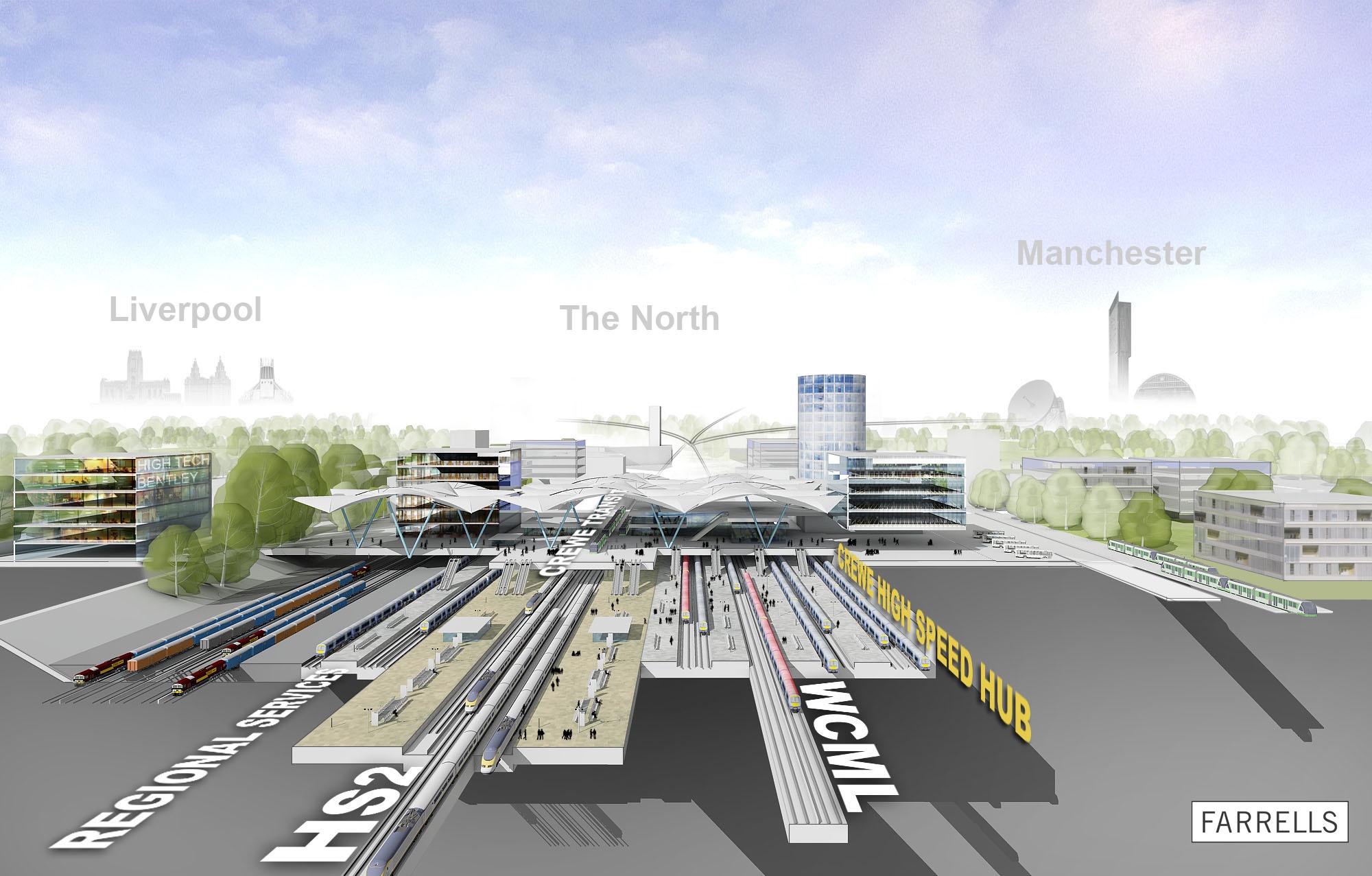HFor those unfamiliar with what HS2 entails, it is a high-speed rail network that will run from London and connect new lines to Birmingham, Manchester
The cost of the construction is staggering enough, at a colossal £56billion. Inevitably the start-up cost would have to be pretty sizeable given the scale of the plan, but it is worth noting that figures for phase one already increased from the initial estimate of £16billion to £22billion in 2013, and in the last month it was announced that fewer (and more importantly, slower) trains would be running on the network to keep costs in check.
Another red flag is that no official figures on ticket prices have been given yet. All we have to go off is the government’s assurance that fares “will be in line with those of existing rail networks”. In other words, tickets will not be very economically viable for the average consumer, given that current rail prices in the UK are far from cheap.
Meanwhile, investing in existing rail networks across the UK would accrue economic benefits much sooner than those that could be achieved from HS2– particularly in regions such as south Wales, the Midlands Main Line and the Lake District where Chris Grayling (the Transport Secretary) recently cancelled plans for rail electrification projects, which would undoubtedly be helpful for those areas. Even the praised transport improvements that HS2 would bring seem somewhat tenuous, given that the journey time between London and Edinburgh – which currently takes 4 hours 23 minutes – would only see a 45-minute reduction. Also, let us not forget to take in to account the positive impacts improved bus services would have on national transport – especially given that this is usually a much cheaper alternative to rail travel. Surely this, coupled with improving current rail lines, would be a much more practical solution for most than HS2?
The situation is no better in terms of social impacts. Places such as Wales which are far away from the line are not expected to see any economic benefit and could potentially lose jobs. As well as this, HS2 Action Alliance claims that 70% of 30,000 of the jobs created around the stations during phase one will be in London and not the West Midlands, discrediting the idea that HS2 would create tens of thousands of jobs in cities in the Midlands and the North to boost their local economies. Speaking of thousands, people living in Camden would faces years of disruption during the construction of phase one – and continuous noise pollution.
Last but certainly not least, the environmental problems created by HS2 are cause for concern. With the line cutting through the picturesque countryside, areas of natural beauty and the ecosystems they support will be damaged. The Wildlife Trust says that both phases of the project will affect nature reserves and wildlife sites which could lead to a net loss of biodiversity. On top of this, the government has claimed that the original HS2 plans could transfer 9 million from the road per year and thus reduce CO2 emissions significantly in the UK, but by introducing hybrid and electric buses on a national scale the environmental impacts would also be very positive – which somewhat weakens the benefits proposed by the project.
In theory, the HS2 sounds like the kind of futuristic, forward-thinking concept that would be the ‘making of the UK’. In practise, it is a logistical nightmare with very few advantages. My advice? Scrap it.
Michael Turnbull
Image Credit: New Civil Engineer.com

